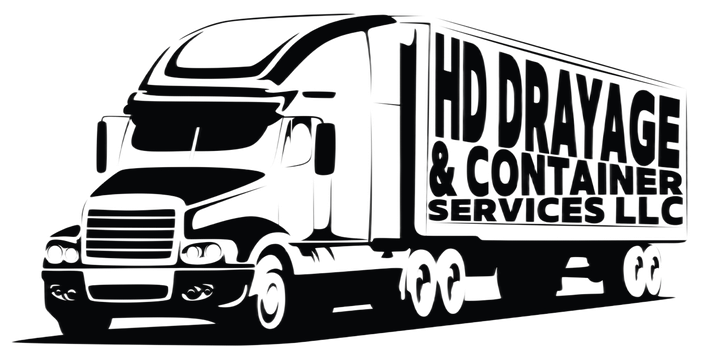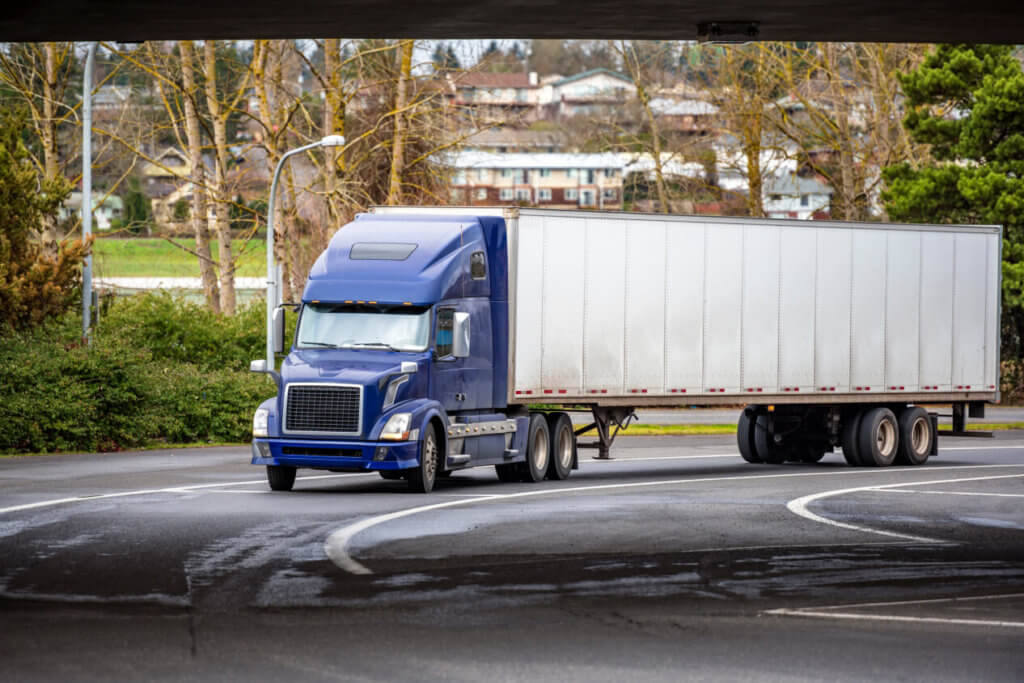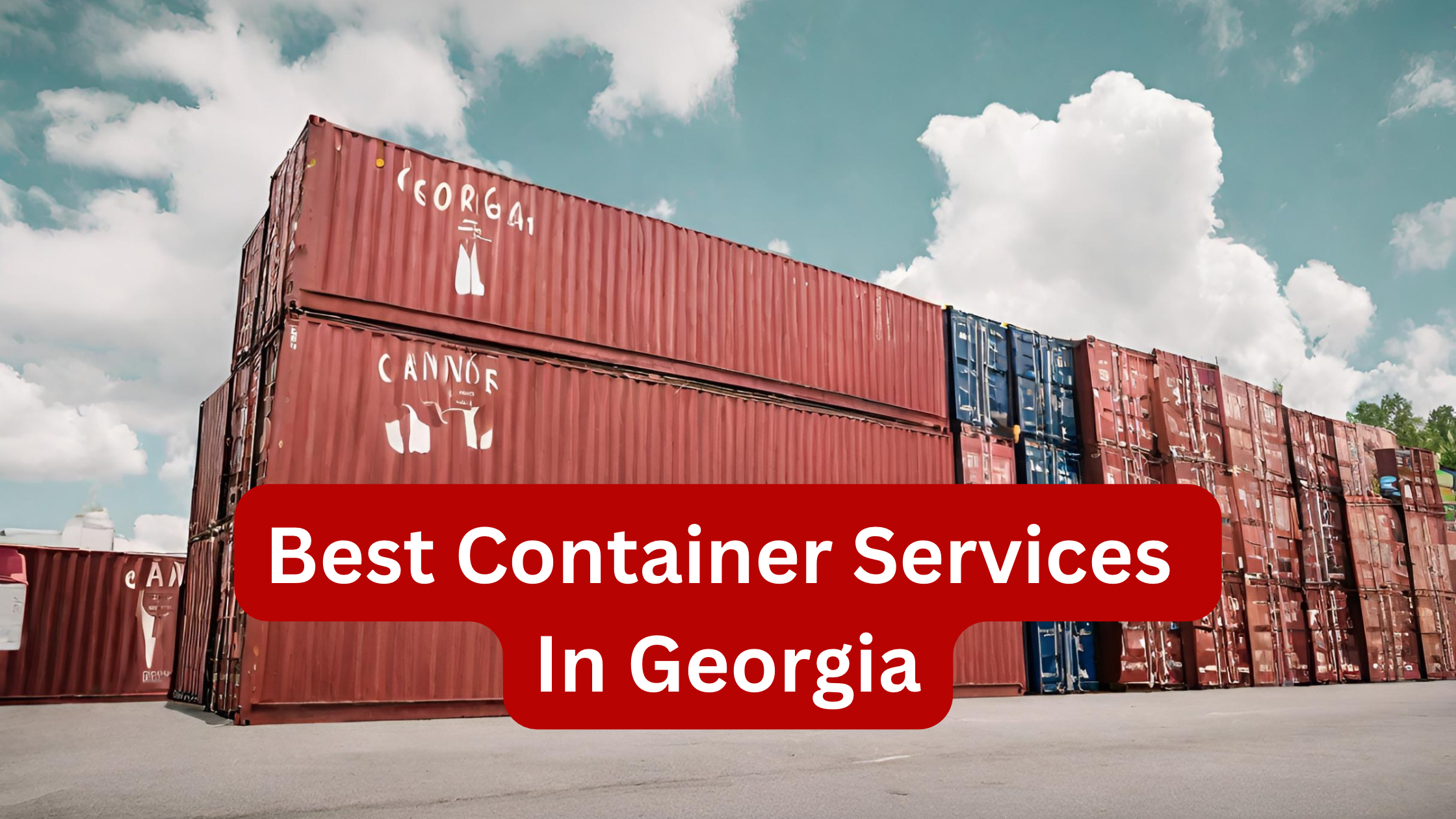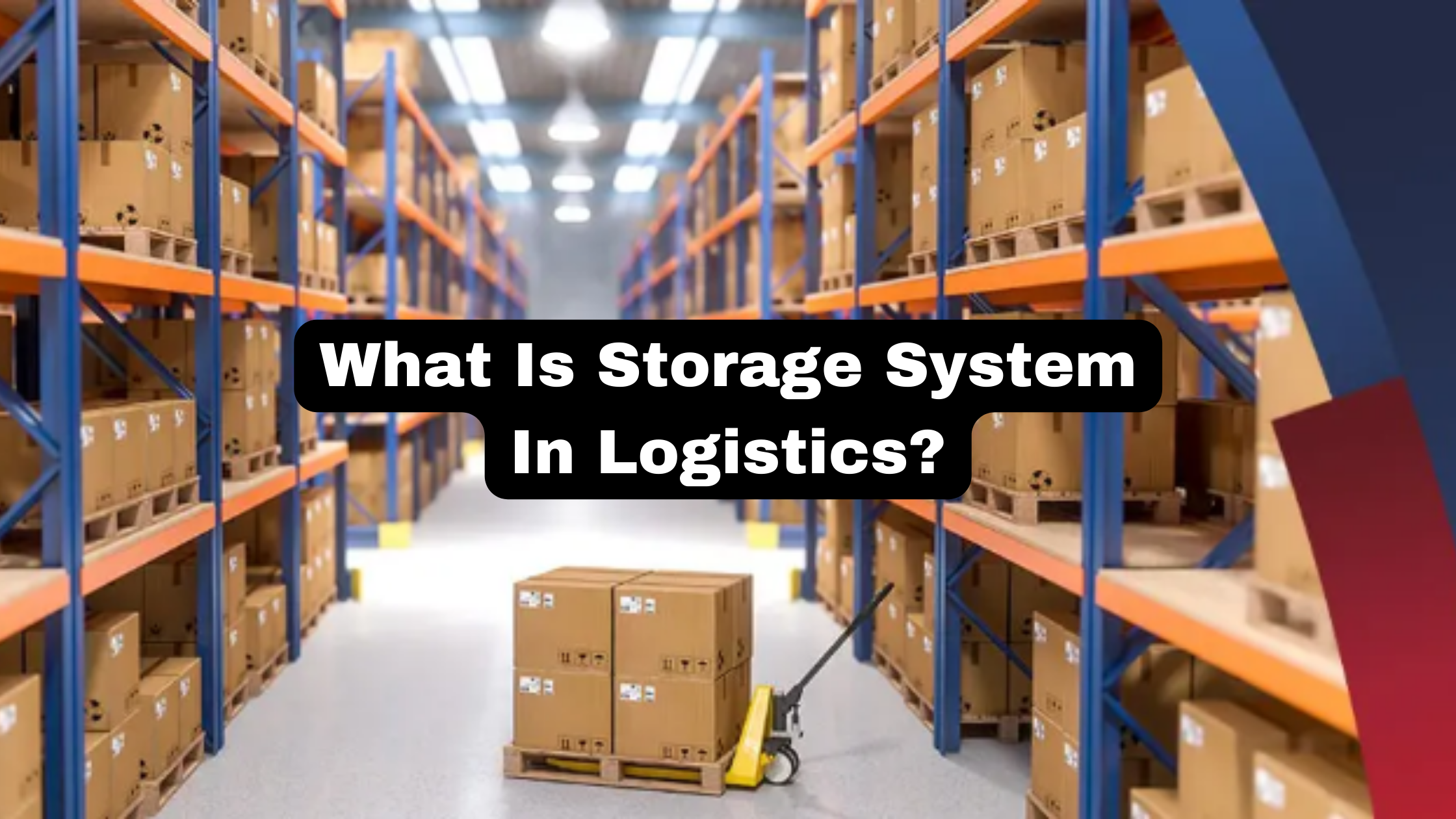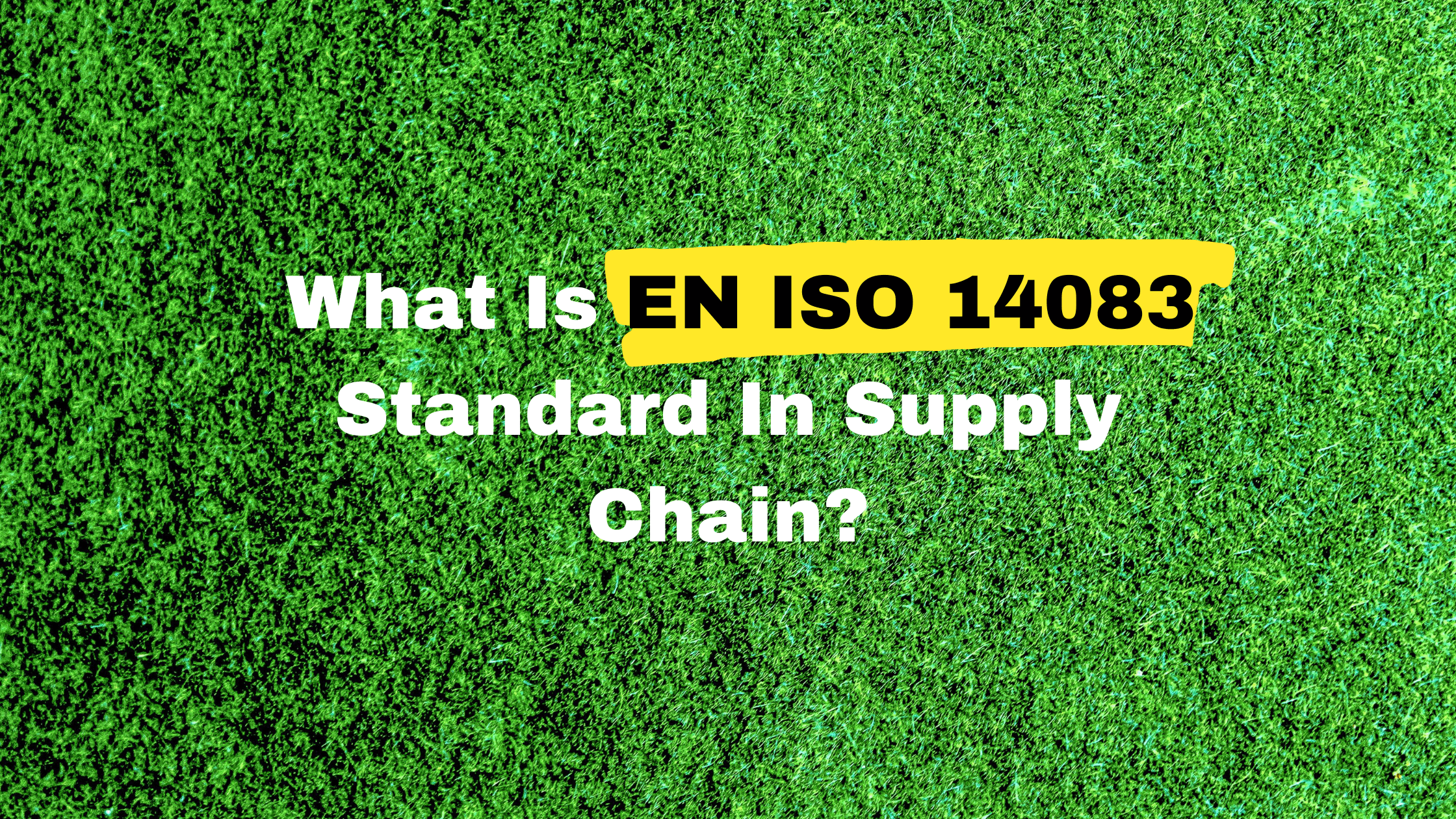Nowadays, multiple trucking methods are accessible to move any freight. Dry van trucking services and box trucks are the two most frequently used types of trucks for moving freight.
To choose the best solution for your shipment, you must consider various factors, including your shipping demands and requirements, before deciding between a dry van and a box truck.
For shippers and carriers, selecting the appropriate shipping vehicle is essential. These characteristics, features, benefits, and drawbacks are unique.
To choose the proper approach, you must educate yourself on these freight transportation methods. In this blog, you’ll get to know about dry vans and box trucks for hassle-free delivery.
What is A Dry Van?
The most common practice of moving freight is dry van trucking. The term “dry van” describes the vehicle used to transport cargo. Keeping their versatility, affordability, and reliability in mind, dry van trucks are used by many sectors to transport their products.
Most frequently, pallets that can be loaded and unloaded with a forklift or pallet jack are used to pack and package freight.
For cargo that can’t travel exposed on a flatbed and doesn’t need a climate-controlled container, dry van transportation is employed. Many sectors use dry van trucking businesses to ship their goods.
Health and beauty, automotive, non-perishable food and beverage companies, electronics, manufacturing, consumer goods, and cleaning supplies are some of the most popular industries that use dry van shipment.
Since many dry van trucking services have wide availability for a freight shipment, these sectors can easily export their goods more quickly.
This kind of shipping is incredibly adaptable and a fantastic option for many industries.
Without a doubt, the most familiar and traditional type of transportation is dry van hauling. Nearly all OTR or regional truckers have had experience operating a dry van at some time in their careers.
Advantages of Dry Van Trucking Services:
This shipping method is one of the most cost-effective transportation options. It can handle both local short-haul shipments and long-haul cargoes.
Another benefit of a dry van is the “drop and hook” load capability, which allows you to load and unload more quickly by dropping an empty trailer and hooking up a loaded one. You can then give processing demands more of your attention.
Dry van trailers are very convenient and versatile. One can use this approach to ship a wide range of goods, including non-perishable food, building and construction supplies, and more.
What is a Box Truck?
A box truck, sometimes known as a “straight truck” or “cube truck,” is a commercial vehicle in which each axle is joined by a single frame running from the front of the trailer to the rear of the cab. Box trucks, which come in various lengths, are distinguished by the distinct, box-like compartment into which cargo is loaded.
Box trucks have recently developed into a critical component of supply chains across industries, assisting businesses in moving their cargo in an economical and timely manner.
Fully loaded Box trucks typically fall under the 26,000-pound gross combined vehicle weight threshold, enabling non-commercial drivers to operate them and making them a practical transportation option for many businesses.
Box trucks can move partial and less-than-truckload quantities of traditional dry van cargo. As a result, non-perishable and dry goods like retail and consumer goods, electronics, machine parts, and palletized freight are all transported using box trucks.
Remember that Box trucks can only be used for freight that can be loaded manually, with a pallet jack, or with a forklift from the back. Even though some of these vehicles have lift gates, you should specify this demand up front so that your provider can meet it and factor it into your budget.
Advantages of Box Truck:
In addition to protecting your cargo from extreme temperature changes, severe precipitation, and sun damage, a box truck will protect it from unwanted eyes. When your goods are secured safely within your box truck, neither rodents nor insects can access them.
You can use your box truck as a mobile storage solution to safely store tools, equipment, building supplies, and other items.
Out of all the available truck types, box trucks are surprisingly simple to drive. A box truck moves quickly through heavy traffic and city streets compared to a big semi or large vehicle.
Driving a box truck downtown will make you feel more secure and at ease than driving a large vehicle that is hard to operate and could cause an accident.
Lastly, a box truck can save you time, effort, and the hassle of constantly hitching and unhitching a trailer whenever you need to use your towing vehicle separately if you’ve been transporting your cargo in a trailer.
A box truck is a convenient all-in-one transporting option that can be used as soon as the goods are loaded.
Now that you are aware of all the pros and cons of box trucks and dry vans, you can easily choose the truck that fits all your requirements.
